Usability courses
Disability courses
About this workshop
Embracing the complexities and constraints of disability can lead to products and services that are better for everyone.
In this 2 hour workshop, you will learn about the 3 core principles of inclusive design:
- Recognise exclusion
- Learn from diversity
- Solve for one, extend to many
This course is for people who:
-
- Want to build innovation capacity in their team
- Want to foster inclusiveness in their team
- Are making a new service
- Are responsible for improving an existing service
- Are obliged to have their online service meet minimum standards for accessibility
The online version of this course uses a combination of:
-
- small group discussions (breakouts)
- collaboration tools (such as whiteboards and polls)
- lecture content (with slides)
- video content
This course has been developed with accessibility in mind.
Find out more about how Great Question courses are taught online
The in-person version of this course uses a combination of:
-
- small group discussions
- collaboration tools (for example: pen and paper, sticky notes)
- lecture content (with slides)
- video content
The in-person version of this course has been developed with accessibility in mind.
This course was designed with the needs of the APS (Australian Public Service) in mind.
It is informed by:
Learning outcomes from the APS learning design standards for digital can be found at the bottom of this page.
What you’ll learn
Key learning outcomes
At the end of this course, you will be able to:
- Describe the social model of disability
- Define ‘impairments’ and ‘barriers’
- Describe different kinds of barriers (physical, communicational, organisational, technological, attitudinal)
- Describe what inclusion is
- Describe the three principles of inclusive design
- Understand that good intentions are not sufficient in delivering accessible services
- Describe ways of championing accessibility with stakeholders
APSC learning outcomes
This course aligns to learning outcomes set out in the APSC (Australian Public Service Commission) Learning Standards for Digital and the SFIA digital skills and competency framework.
Accessibility and inclusion
1. Accessible and inclusive Australian Government services
1.1. Defining accessibility and inclusion: explain the importance of making Australian Government services inclusive and accessible.
2. Accessibility compliance requirements and guidelines
2.3 Assistive technology: design for common types of assistive technologies and adaptive strategies
3. Accessibility through the product lifecycle
3.1 What to do in Discovery: influence discovery research to address accessibility and inclusion
3.2 What to do in Alpha: identify and address accessibility issues in prototyping and design
4. Championing accessibility within your organisation
4.1 Accessibility performance: assess, monitor, and report on the accessibility performance and capability of your organisation

